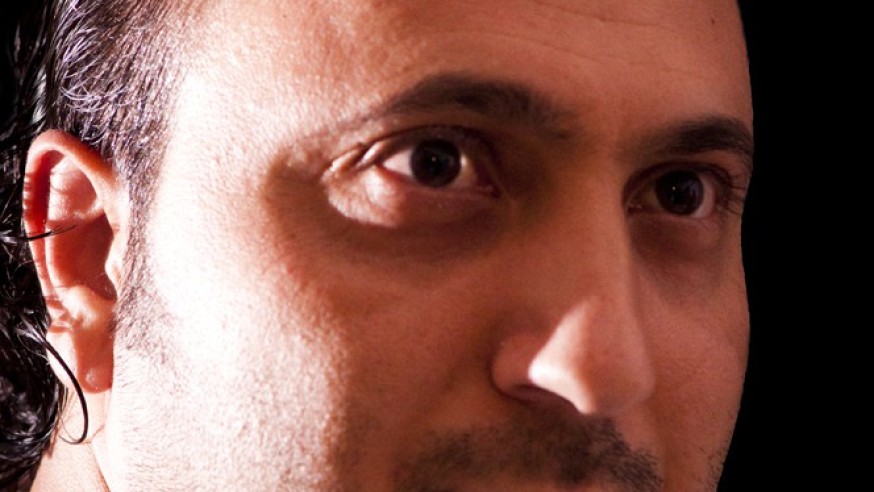For a young man, living in besieged Douma surrounded by death, hunger, Russian and Assadist air strikes, checkpoints by the regime and its militias, including the former Resistance group, Hezbollah, to write on the rubble of a destroyed house, “Freedom and Dignity with Jerusalem and Third Intifada,” thus expressing solidarity, while in need of others to stand in solidarity with him, with the Palestinian people as they face brutality at the hands of the Zionists, sends many messages about the current situation:
Firstly, it shows that the spirit of Resistance, in its strongest form, is a part of the Syrian spirit; Israel and the West, despite their crimes, have been unable to distance Syrians from the Palestinian cause, which has been part of them. The regime, which has monopolized the rhetoric of the struggle and masqueraded it, has also not driven away Syrians from the Palestinian cause.
Secondly, it shows that Syrians perceive tyranny and colonial power as two sides of the same coin; for there is no genuine liberation without freedom for all. Despite efforts of resistance groups to liberate their lands, such as Hamas and Hezbollah, the reality is that they have been turned into pawns in the hands of opportunistic powers. Today, Syrians and Palestinians both must re-evaluate how to achieve their freedoms, especially after the the regimes exploited the question of Palestine and after others in the opposition stated that first, Syria must be liberated before the topic of Palestine is broached. In reality, the two battles for freedom in Syria and Palestine are the same battle and one cannot be fought without the other.
Thirdly, as long as the regime and its militias accuse the opposition of serving Israel’s interests, we must reject these claims and say that the true revolutionary stands against both the tyranny of the regime and the Zionists. It is obvious that, even at their lowest points, the Syrian people still remember Palestinians and the oppression they are suffering at the hands of the Zionist state. They are able to make this connection and stand with the Palestinians, and remind the world of their solidarity. The political atmosphere also proves that the last thing Israel desires is a free and democratic state for the Syrian people.
Lastly, meditating on the image of a young man from Douma and his phrases and on those of Palestinian resistance fighters shows us beyond a doubt that the destruction in Douma -- and really, all of Syria -- surpasses that of Palestine. Though the destruction in Syria may be at a greater level than that of Palestine, that is not an acquittal of the Israeli occupier. Rather, it is a reminder to call, first and foremost, for the destruction of the occupiers.
The third Palestinian uprising has coincided with the Russian intervention in Syria, at the same time that talk is emerging about the existence of a ‘hot line’ between Tel Aviv and the Russian airbase in Humaymim Military Airport, Latakia. This shows that since day one, their battle is one, a battle against freedom and liberty. The Palestinian uprising and the Syrian revolution are bound, inextricably, for they are both revolts against autocratic systems. The Syrians uncovered the deceit of a regime that fancies itself part of the “Resistance” and have sought to bring down that facade and the regime in order to gain freedom and dignity, never once forgetting Palestine.




